Remember that the minimum wage law provides no jobs; it only outlaws them; and outlawed jobs are the inevitable result
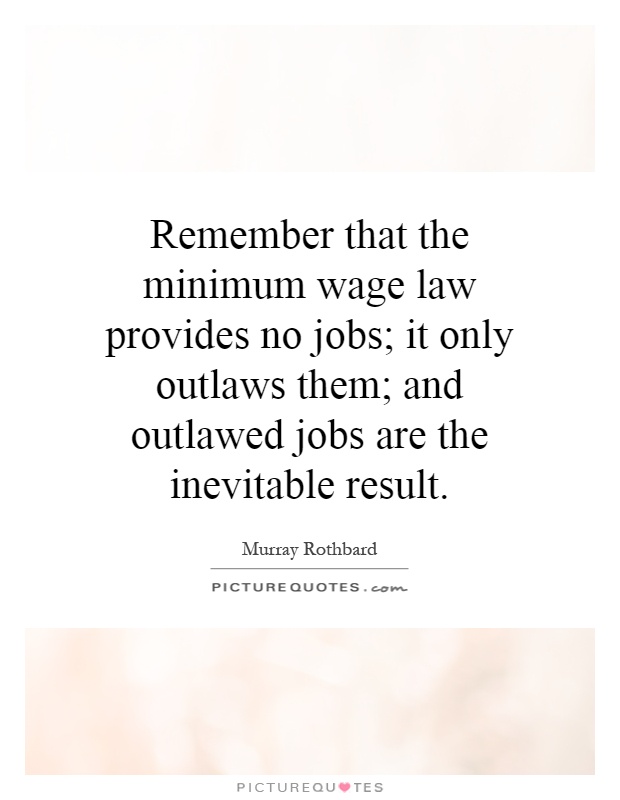
Remember that the minimum wage law provides no jobs; it only outlaws them; and outlawed jobs are the inevitable result
Murray Rothbard, a prominent economist and libertarian thinker, was a staunch critic of minimum wage laws. He believed that such laws did more harm than good, ultimately leading to higher unemployment rates and stifling economic growth. Rothbard argued that the minimum wage law does not create jobs, but rather outlaws them by setting a price floor on labor that is above the market equilibrium.In Rothbard's view, the minimum wage law distorts the natural supply and demand forces of the labor market. By mandating a minimum wage that is higher than what employers are willing to pay for certain jobs, the law effectively prices out low-skilled workers who may be willing to work for less. This leads to a surplus of labor, as employers are unable or unwilling to hire workers at the mandated wage rate. As a result, unemployment rates rise, particularly among vulnerable populations such as teenagers, minorities, and those with limited skills or experience.
Rothbard also argued that outlawed jobs are the inevitable result of minimum wage laws. When employers are forced to pay workers more than their productivity warrants, they may choose to automate tasks, outsource jobs, or reduce overall hiring. This can have a ripple effect throughout the economy, leading to job losses, reduced consumer spending, and decreased economic activity.
Furthermore, Rothbard believed that minimum wage laws disproportionately harm small businesses and entrepreneurs. These entities may not have the resources or flexibility to absorb the increased labor costs imposed by the law, leading to layoffs, closures, or reduced hours for employees. This can have a detrimental impact on local economies and communities, as small businesses are often the lifeblood of many neighborhoods.

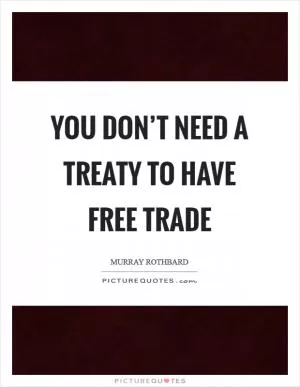
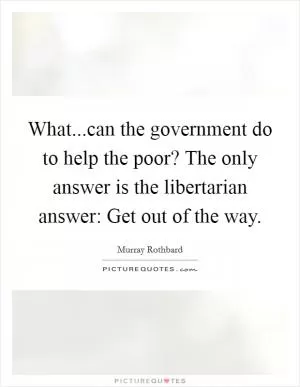
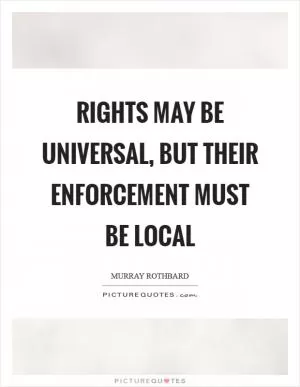
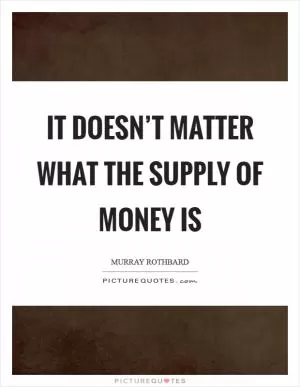
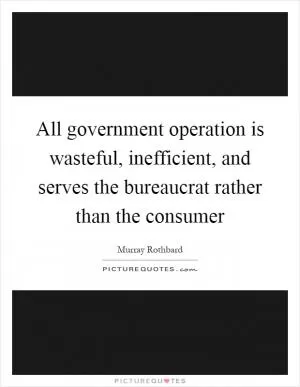
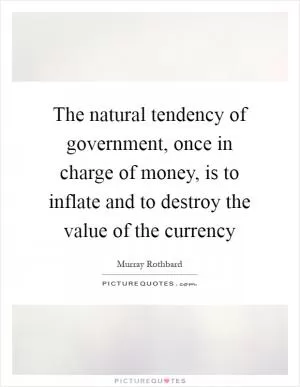
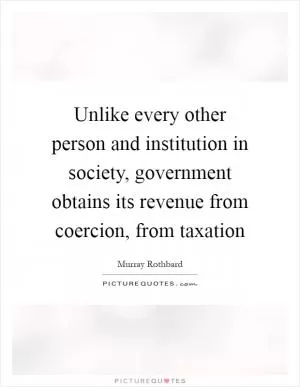
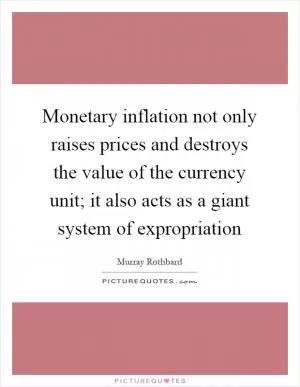
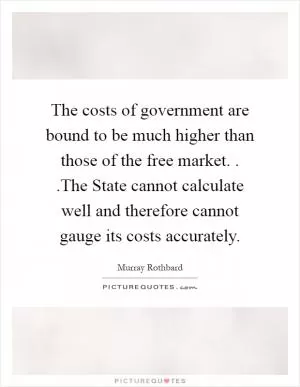
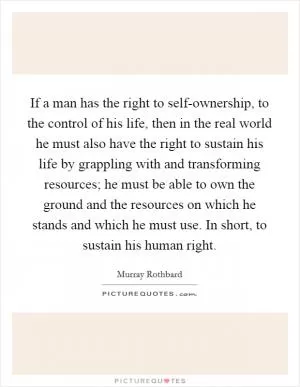
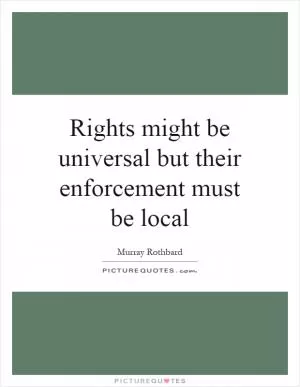
 Friendship Quotes
Friendship Quotes Love Quotes
Love Quotes Life Quotes
Life Quotes Funny Quotes
Funny Quotes Motivational Quotes
Motivational Quotes Inspirational Quotes
Inspirational Quotes